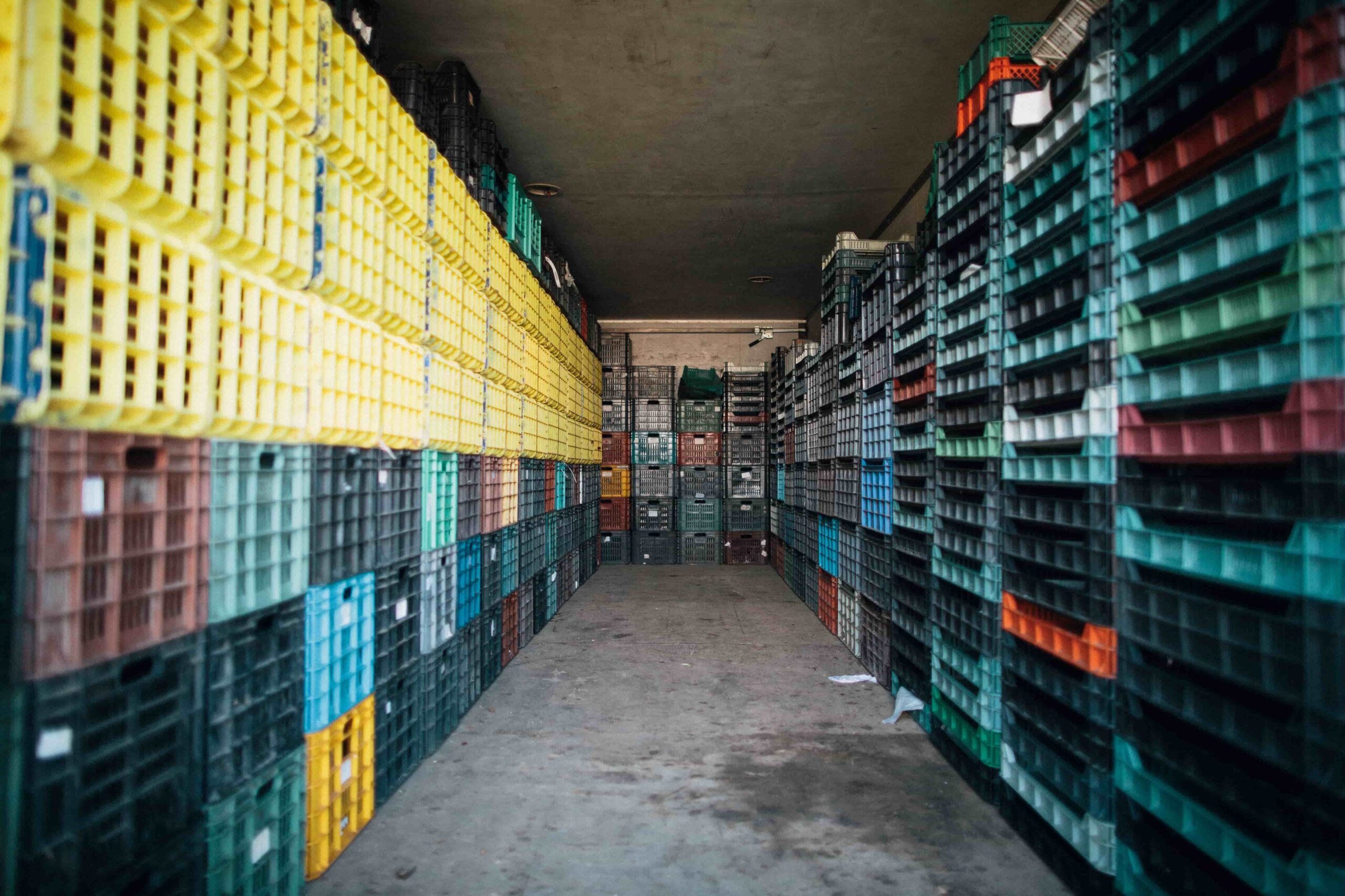Tag: logistics
-

Last In, First Out (LIFO): Loading and Unloading Method in Transport and Storage
In the logistics field, the way products are stored, handled, and rotated has a direct impact on operational efficiency, inventory control, and service quality. One of the most commonly used methods in specific situations is Last In, First Out (LIFO), which means that the “last item in is the first one out.” This goods management…
-

Intermodal Transport: Keys to Efficient Management
Intermodal transport has emerged as a key solution in modern logistics, combining different modes of transportation—such as rail, road, maritime, and air—to move goods efficiently and sustainably. This system not only leverages the strengths of each transport mode but also reduces costs, transit times, and carbon emissions. However, implementing efficient intermodal transport management requires overcoming…
-

Blockchain in Supply Chain: Transparency and Security in Modern Logistics
Blockchain has emerged as a transformative technology across various industries, and logistics is no exception. Known for its ability to securely and transparently record transactions, blockchain is redefining supply chain management by offering unparalleled traceability and security. This technical article examines how this technology works in logistics, its specific applications in supply chains, and the…
-

7 Logistics Concepts You Shouldn’t Forget
Logistics is a key discipline for the efficient operation of any business that handles goods and services. It involves the planning, implementation, and control of the movement and storage of goods, services, and information across the supply chain. From inventory management to product distribution, logistics encompasses a wide range of critical processes that must be…
-

Last Mile in Urban Areas: the challenge in 2024
The last mile in urban areas has become a critical challenge in modern logistics. The last mile, or the final leg of the delivery process from the distribution center to the end recipient, presents numerous challenges due to traffic congestion, access restrictions, and high population density. This article explores the main challenges of the last…
-

Choosing a Reliable Transport and Logistics Company: 5 Key reasons
In an interconnected world, the transport and logistics company plays a crucial role in the growth and development of other companies. Ensuring timely delivery of products, keeping transportation costs under control, and ensuring customer satisfaction are essential aspects of a successful business strategy. In the current era, where e-commerce is at its peak and globalization…
-

Data in Logistics: Revolutionizing the Supply Chain
In the fast-paced world of logistics, efficiency is paramount. Every delay, miscalculation, or inefficiency can ripple through the supply chain, causing disruptions and impacting businesses and consumers alike. However, in recent years, a new player has emerged to revolutionize the logistics landscape: data. Understanding Data in Logistics Before delving into its implications, it’s crucial to…
-

Supply chain: elements and structure
The supply chain is the set of processes that are responsible for bringing goods or services from the supplier to the end customer. This chain is very important in business management, as it can have a great impact on the efficiency and profitability of a company. The supply chain is made up of several key…
-

Logistics and distribution plan: productivity improvement
Logistics and distribution planning are essential aspects of any business. Specially for one that aims to increase productivity and achieve growth. It doesn’t matter how big or small An efficient logistics and distribution plan helps a company streamline its processes. Also to reduce operational costs, and improve customer satisfaction. Embrace Technology In today’s digital age,…
-

ERP: functionalities and features
Enterprise Resource Planning (ERP) is a software specially designed to control the flow of information in a company. This type of software is in charge of different internal operations of a company: from production to distribution. Types of ERP systems The fluidity of an Enterprise Resource Planning system and the different factors that affect it…